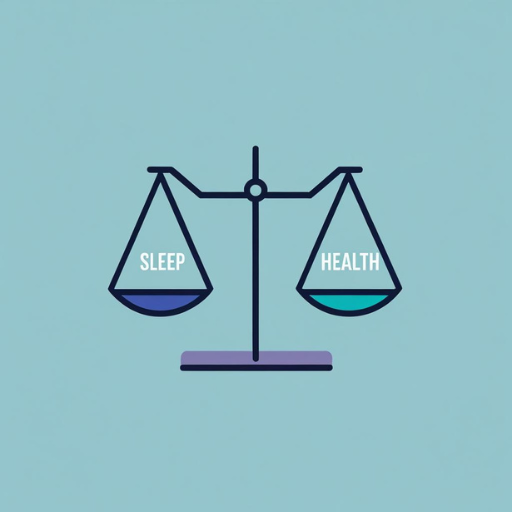|
Guten Tag Kimberly,
See the recommended hours for every age—and why it matters for health and healing.
Learning the Hard Way
Back when I was in school, I balanced school and gymnastics and marching band which would always go into the night. Sleep was not the first thing on my schedule, and eventually, it caught up with me. I struggled for years to fall asleep, stayed restless, and even once fell into a microsleep while driving—causing an accident that totaled my car.
Over the years, I’ve learned that prioritizing sleep isn’t optional—it’s life-giving. My hope is that this encourages you to reflect on your own patterns and the role sleep plays in your health.
How Much Sleep Do We Really Need?
We’ve all heard people say, “I’ll sleep when I’m dead.” The irony? Not sleeping enough could shorten your life.
Our culture runs on overstimulation—early mornings, late nights, constant scrolling, endless streaming. Sleep time keeps shrinking, and research now confirms that sleep directly impacts health, performance, and longevity.
The sleep your body needs changes as you age. While there’s a little flexibility (1–2 hours either way), most adults should never dip below 6 hours per night especially for multiple nights in a row. Here’s what the Sleep Foundation recommends:
Age Group
|
Recommended Hours of Sleep
|
|
Newborns (0–3 mo)
|
14–17 hours
|
|
Infants (4–11 mo)
|
12–15 hours
|
|
Toddlers (1–2 yrs)
|
11–14 hours
|
|
Preschoolers (3–5 yrs)
|
10–13 hours
|
|
School Age (6–13 yrs)
|
9–11 hours
|
|
Teens (14–17 yrs)
|
8–10 hours
|
|
Adults (18–64 yrs)
|
7–9 hours
|
|
Older Adults (65+ yrs)
|
7–8 hours
|
Why Sleep Matters for Your Health
Adequate, quality sleep helps your body:
- Reduce pain and inflammation as it heals overnight
- Lower cortisol and glucose, and improve insulin sensitivity
- Control cravings, balance hormones, and manage weight
- Strengthen cardiovascular health and lower cancer risks
- Reduce stress, improve energy, cognition, and memory
Prioritize Sleep Like It’s Sacred
Find your age range in the chart above and adjust your schedule to meet it. We always make time for what we believe is important. Start building a bedtime and morning routine to train your body into rhythm.
Remember: what you believe shapes your behavior, and behavior shapes results. Believe in the power of sleep, and your body will thank you.
Do you want to know how to improve sleep quality?
Next week we’ll dive into:
- Common sleep disruptors in our modern lives
- What are quality sleep lifestyle components
- Practical ways to relax and reclaim rest
Connect for a Slumber Party
Virtual Coffee Chats & Local Coffee Chats — Let’s talk about how lifestyle medicine could help you or someone you know.
Find Your Energy Discovery Session — For those ready put sleep to the test and improve their energy for life.
Believe in the power of sleep,
Kim
Hope and Healing Lifestyle Coach
hopeandhealinglifestyle.com
“In vain you rise early and stay up late, toiling for food to eat— for he grants sleep to those he loves.”
— Psalm 127:2 (NIV)
|